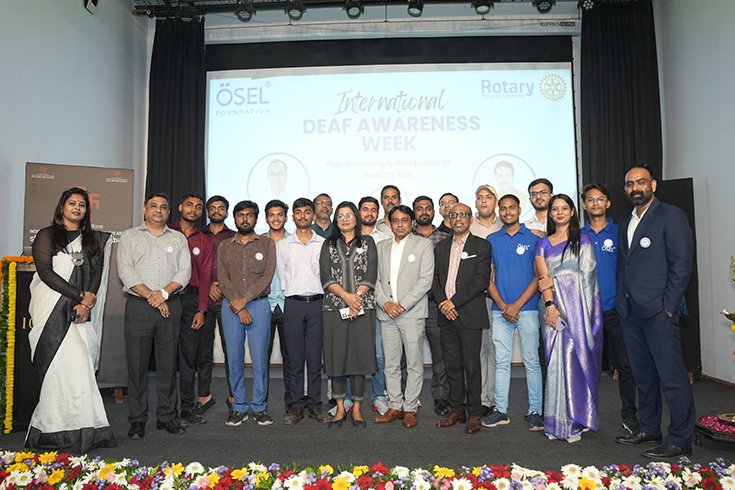The
widespread use of industrially produced trans fats is largely due to their
affordability and favourable properties for food production. Trans fats remain
solid at room temperature, enhancing the texture, flavour stability, and shelf
life of processed foods, making them ideal for use in baked goods, snacks, and
frying oils. This increased use, however, has raised health concerns, as
partially hydrogenated oils (PHOs)—the main source of industrial trans
fats—contain trans fat concentrations of 25-45%. This makes them significantly
more harmful than the small amounts of trans fats generated by high-temperature
frying, which result in trans fat levels of just 2-3%.
Both
industrial and naturally occurring trans fats in ruminant animal products (like
beef and dairy) are equally detrimental to cardiovascular health, as both
contribute to high levels of LDL cholesterol and an increased risk of heart
disease.
Eliminating
industrially produced trans fats, which provide no health benefits, could
greatly reduce the risk of cardiovascular disease on a population level.
Efforts like WHO’s REPLACE action package are essential for promoting healthier
alternatives, regulating trans fat content in food, and creating environments
that support public health by reducing exposure to these harmful fats.
Trans fats
are indeed a significant health concern, especially for heart health and
hypertension. To add to what you've mentioned:
What Are
Trans Fats?
Trans fats
are a type of unsaturated fat with a specific chemical structure that makes
them more solid at room temperature. They come in two forms:
- Natural Trans Fats – Found in small amounts in certain meat and dairy products,
which are generally considered less harmful.
- Artificial Trans Fats – Produced through industrial processes by partially
hydrogenating vegetable oils. These are commonly found in baked goods, fried
foods, and processed snacks.
Health Risks of Trans Fats
The body has difficulty processing trans fats, which:
- Raise "bad" LDL cholesterol levels, a major
contributor to artery-clogging plaque.
- Lower "good" HDL cholesterol, which helps remove
bad cholesterol.
- Increase inflammation and promote heart disease, leading to
conditions such as hypertension, heart attacks, and strokes.
WHO
Guidelines on Trans Fats
The World Health Organization (WHO) has recommended reducing trans fat intake to below 2% of total calorie intake to minimize health risks. India's current level, at 6–30%, far exceeds this limit, leading to calls for stricter regulation and labelling.
Reducing
Trans Fat Intake
To avoid
trans fats, check ingredient lists for "partially hydrogenated oils,"
choose fresh foods over processed ones, and opt for natural oils like olive oil
for cooking.












